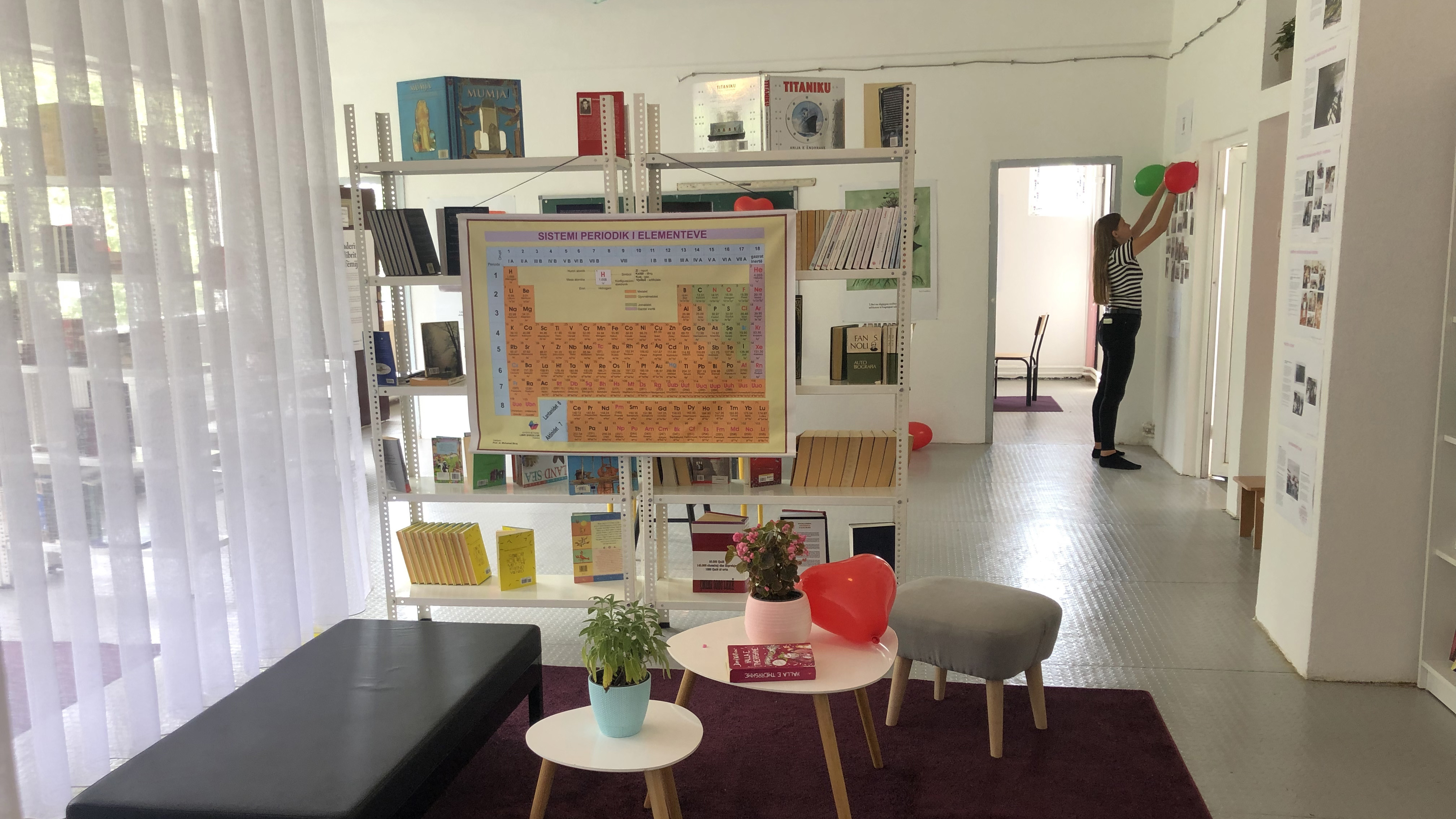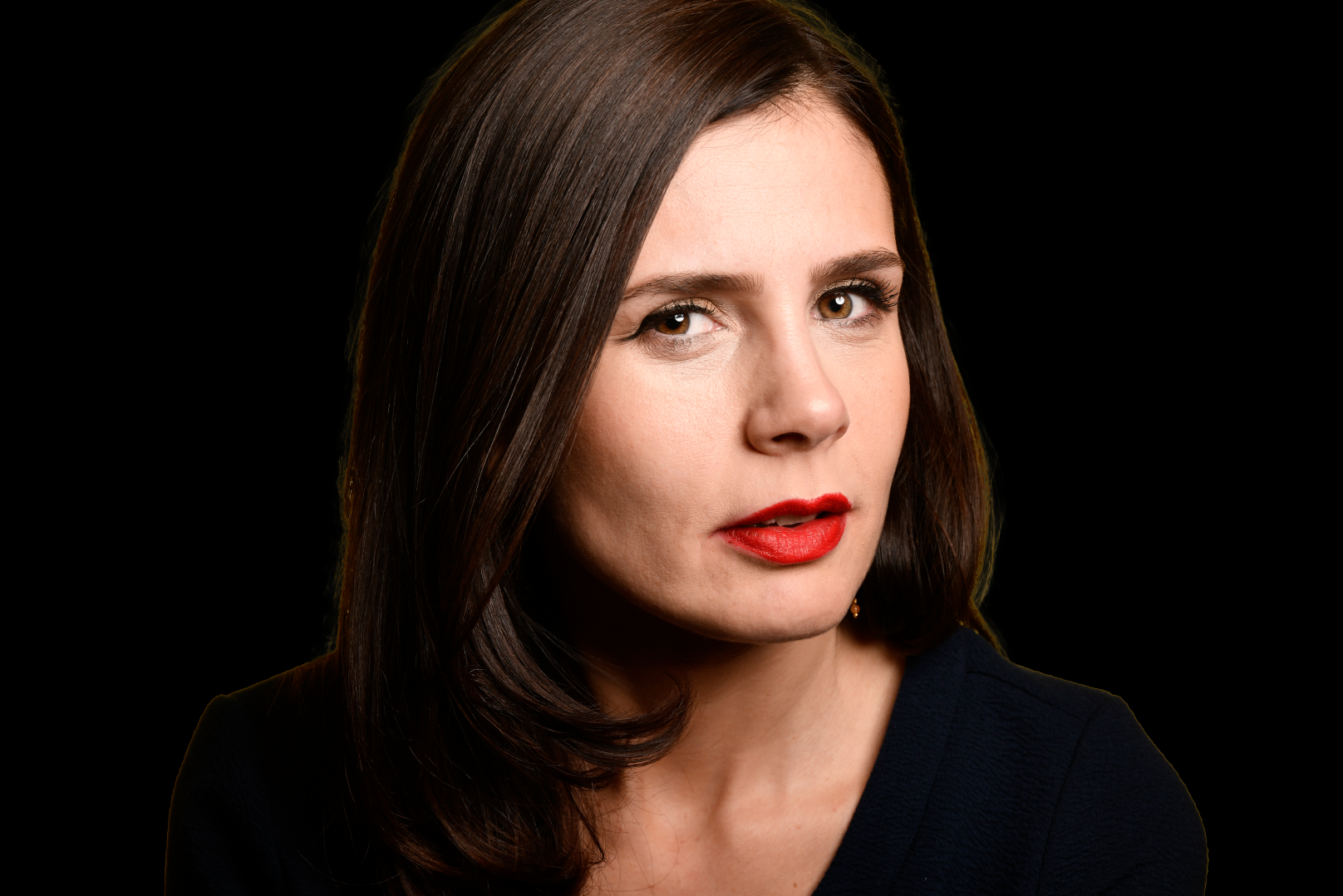
Every child in Kosovo deserves access to books
The Library Project Kosova is bringing books to the people.
|21.12.2021
|
“Books need to be where the children are.”
Safete Binaku, The Library Project KosovaFor Binaku and her friends, classroom reading is a matter of equality.

Dafina Halili
Dafina Halili is a senior journalist at K2.0, covering mainly human rights and social justice issues. Dafina has a master’s degree in diversity and the media from the University of Westminster in London, U.K..
This story was originally written in English.